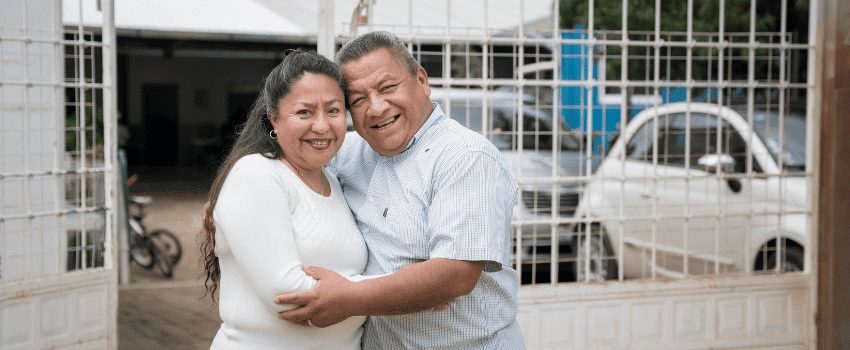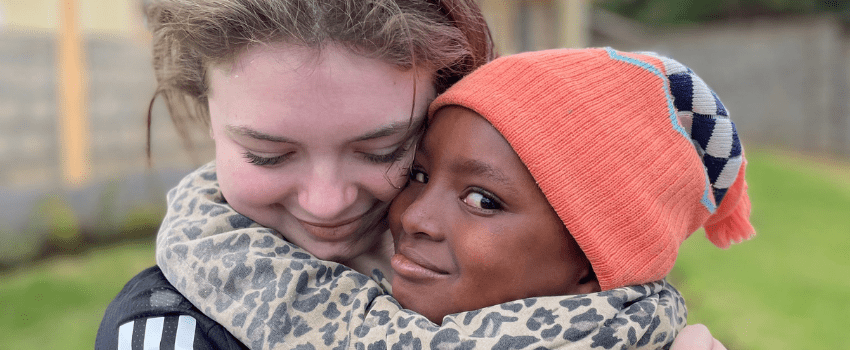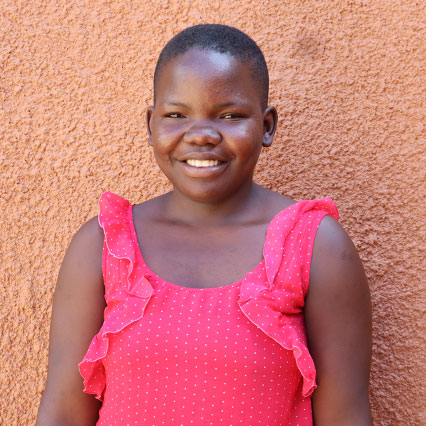
Pearl Partners
In Matthew 13, Jesus is sitting in his friend’s home, after a long day of teaching parables to the crowds. His disciples ask him about the Kingdom of Heaven, and he shares another story with them, to help them understand: “The kingdom of heaven is like a merchant looking for






